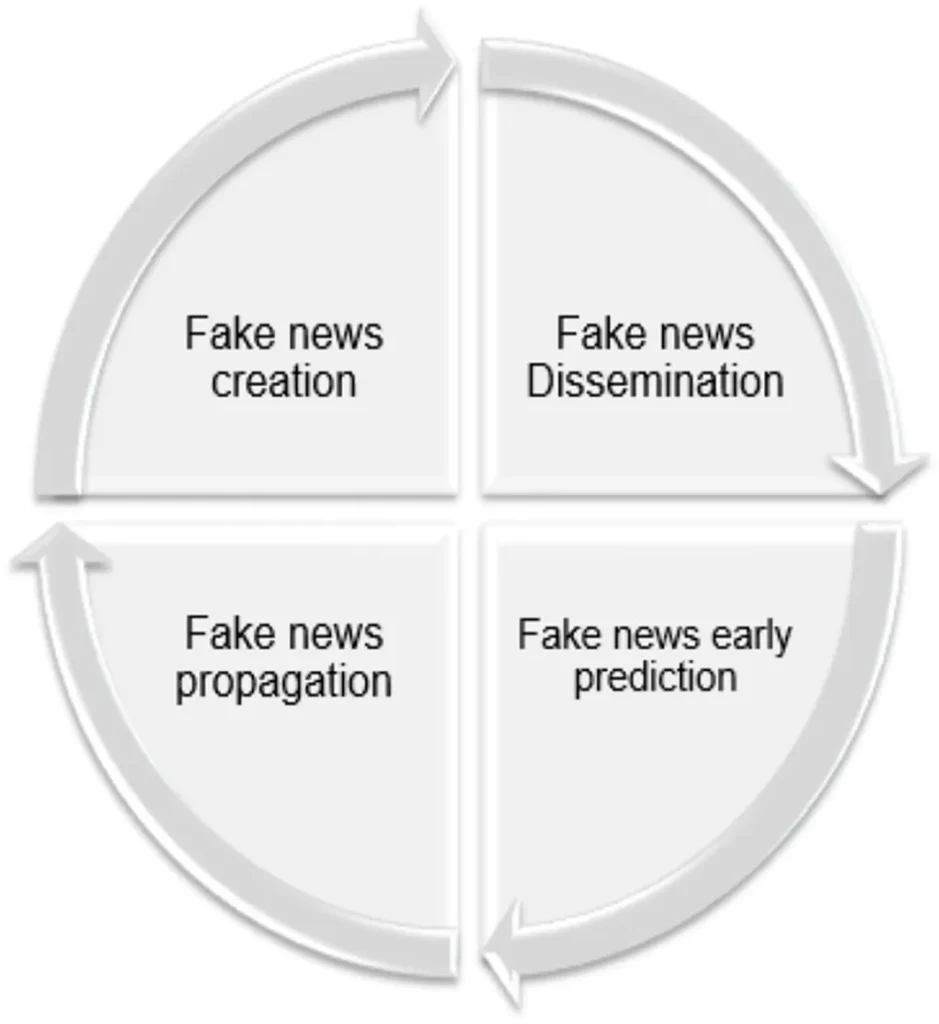In the vast and often murky waters of online reviews, detecting fake ones is a bit like trying to spot a specific fish in a crowded aquarium. It’s tricky, but crucial, especially for businesses that rely on customer feedback. Now, imagine trying to do this in Arabic, a language with a complex structure and numerous dialects. That’s the challenge Ibrahim Amin, a researcher from the Department of Computer Engineering at the Arab Academy for Science, Technology and Maritime Transport in Cairo, Egypt, has been tackling.
Amin’s work, recently published in the IEEE Access journal (which, by the way, translates to “IEEE Open Access Journal” in English), sheds light on how to improve the detection of fake reviews in Arabic. The problem isn’t just about language complexity. It’s also about the lack of good-quality Arabic datasets for fake review detection. Most available datasets are either too small or are translations from English to Modern Standard Arabic, missing the natural, colloquial language used in reviews.
So, Amin and his team decided to create their own dataset, translating the YelpZip English dataset into Egyptian Arabic using transformers, a type of artificial intelligence model. They also included metadata, which is information about the review like the user ID, product ID, and review length. Most previous research focused only on the textual content, ignoring metadata.
Here’s where it gets interesting. Amin found that combining pre-trained Arabic language model embeddings with handcrafted metadata features significantly boosted performance. “Combining pre-trained Arabic language model embeddings with handcrafted metadata features significantly boosts performance,” Amin stated. The best-performing system achieved an F1-score of 77% without user and product IDs, and as high as 87% with them. That’s a significant improvement from the baseline experiments with textual content only, which achieved around 69%.
So, what does this mean for the maritime sector? Well, imagine a platform where customers leave reviews about maritime services, like port facilities or shipping companies. Fake reviews can mislead potential customers, damaging trust and reputation. By improving fake review detection, businesses can maintain integrity and success. Moreover, the methodology used in this research can be applied to other languages and sectors, opening up opportunities for further research and development.
Amin’s work is a step forward in the fight against fake reviews, not just in Arabic, but potentially in other languages too. It’s a reminder that in the digital age, maintaining trust and integrity is as important as ever, even in the vast and complex world of online reviews. As Amin puts it, “detecting and preventing fake reviews is essential to maintaining the integrity and success of e-businesses.” And that’s something we can all agree on.

